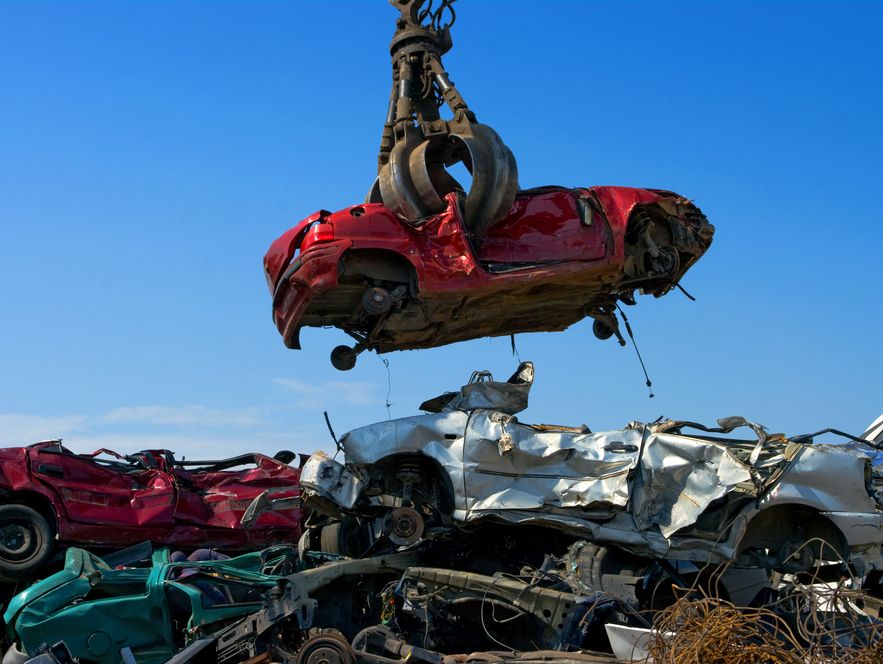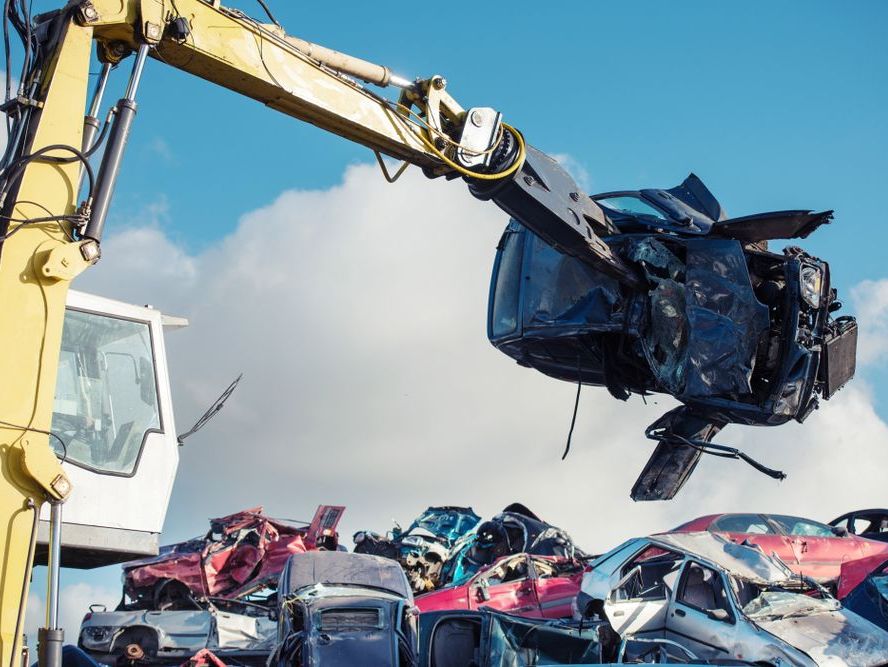Are you considering scrapping your car, but do you have some questions before committing? Here at Kinsella's Salvage and Recovery, we have compiled some of the most common questions and added them below for your convenience.
How much for car scrappage?
We pay you to scrap your car. Please call us today, and we can offer a price based on current market rates.
Do all vehicles go through a de-pollution phase before being scrapped?
Yes, all our vehicles go through a de-pollution phase. The de-pollution process is a crucial step in the environmentally responsible disposal of vehicles, as it aims to remove and properly manage hazardous materials and fluids to prevent pollution and protect the environment.
What is the de-pollution process?
Fluid Drainage: This includes the removal and proper disposal of fluids such as engine oil, transmission fluid, coolant, brake fluid, and fuel. These fluids can contain hazardous chemicals that need to be managed carefully.
Battery Removal: Automotive batteries are removed and sent for recycling to recover valuable materials like lead and sulfuric acid.
Mercury Switches: If the vehicle contains mercury switches, such as those found in older thermostats and ABS brake systems, these switches are removed and properly disposed of due to the toxicity of mercury.
Airbag and Seatbelt Tensioner Deployment: Airbags and seatbelt tensioners are deployed and controlled to render them safe before disposal.
Refrigerants: If the vehicle has air conditioning or refrigeration systems, they are removed and properly handled to prevent their release into the atmosphere.
Tires and Wheels: Tires and wheels are typically removed and processed separately for recycling.
Catalytic Converters: Valuable metals like platinum, palladium, and rhodium are often recovered from catalytic converters before disposal.
Other Hazardous Components: Various other hazardous components, such as lead-acid batteries, asbestos-containing materials, and fluids, are identified and managed appropriately.
How old Should a car be before being scrapped?
The decision to scrap a car is not solely based on its age but on its overall condition, maintenance history, and other factors. While older cars are more likely to develop mechanical issues and may become less fuel-efficient and more polluting over time, there is no fixed age at which a car should be scrapped. Instead, the decision should be made on a case-by-case basis.
Do you still have questions, or would you like a quote to scrap your car? Please get in touch with our offices today.


